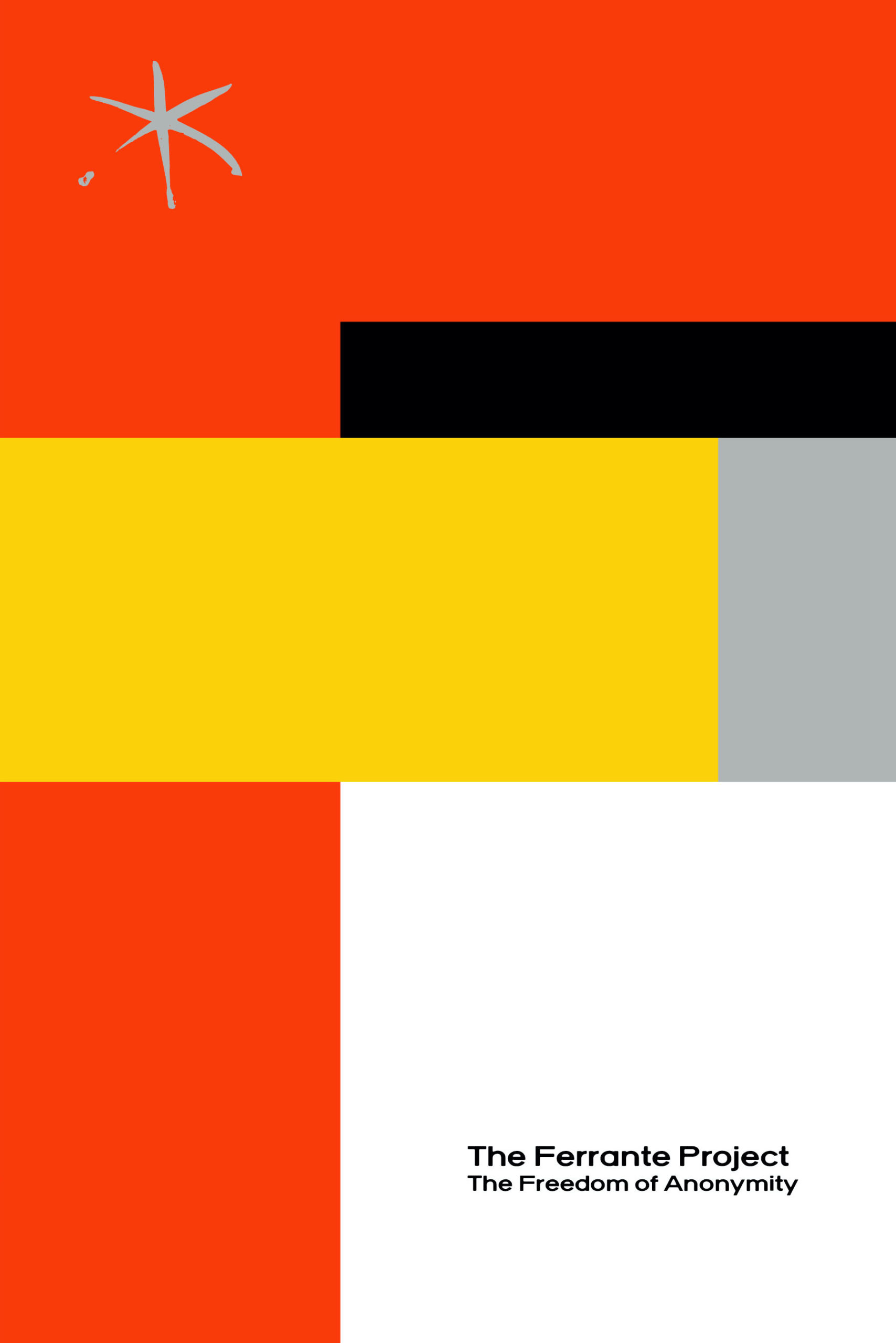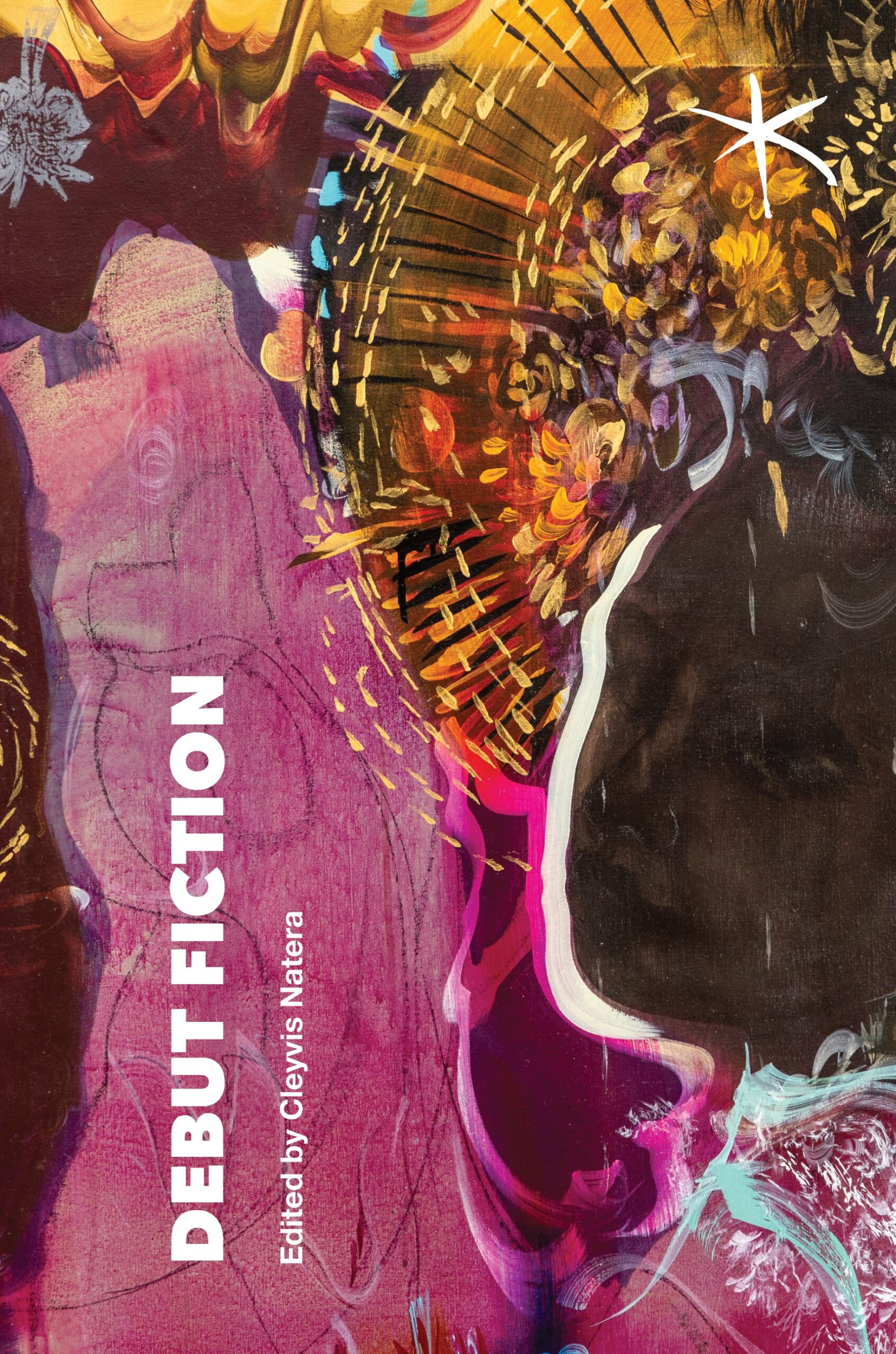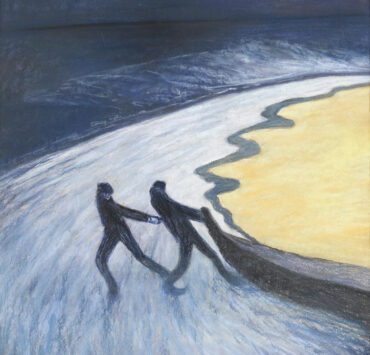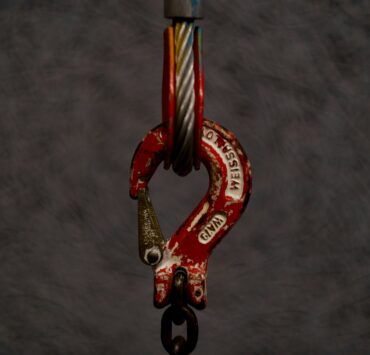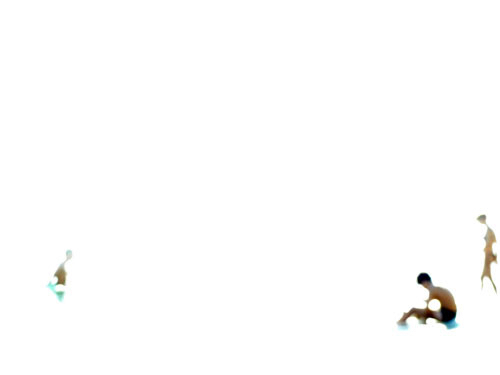
When I answered a call from an unknown number saying that Papa was in the hospital, I was at work at S.A.F.E., the public health office on campus, in the middle of ordering the condoms we sold 10 for $1 while answering anonymous emails from students that usually resulted in telling someone to go to student health ASAP. I left an email unfinished, rushing to the train station.
On my train ride to Jersey, I listen to Roy Hargrove and watch the train ride over marshes full of waving catnips, into plain, gridded farms. The horn cut through trees and homes and I watch office parks turn to row homes back to land and water. I tried to pull apart the trumpet’s notes, to listen to the music, but a light vibration in my chest and neck was becoming too strong to ignore. I strained my ears trying to hear what his body and mine were saying; to hear what they needed. I closed my eyes trying to more fully enter myself. I leaned forward, bent at the waist trying to make sense of the faint twin cries I was sure were escaping the bowels of both him and I.
It wasn’t until I stopped moving—from subway to train to Uber to at Mama’s house to the hospital—that the muffling became clearer, that our breaths became apparent, behind my eyes, in my ears, and under my skin.
Like trees I feel our roots reach out toward each other, Papa’s and mine, trying to share the burden of understanding. With each step toward him, through the hospital’s doors, down the halls, in the elevators, I can feel every tendon become more and more taut, can feel mine reaching out for his, both being stretched to their limits. I get it, I think—we are at the brink, we have to pull back now or only one of us will make it.
* * *
When I get to Mama’s house, the car in the driveway is covered in a light coat of dust. No one is around, the street is quiet, and despite the steady wind the trees don’t move. Passing the crooked 7 above the front door, I walk quickly inside straight to Mama’s bedroom, reaching for her jewelry box that houses the spare keys to my brother Nate’s car. When Nate learned to drive, he got Papa’s old car, a beat-up wrangler he kept so clean you’d think it was new.
I call Nate to tell him Papa broke his collarbone but his phone is off. By the time he gets out of school and track practice I’ll be back home, it will be too late for him to help.
The house we grew up in was the witness to Papa’s changing tides, the violent winds that came and went for as long or as little as they pleased. The evidence was in the dried vomit stains, the small cigarette burns, the bits of glass swept under the fridge, and the bottles found in every nook and cranny for months and months after he had stopped living there. No matter how much we cleaned, we always found another reminder.
The last time I visited, was when the divorce was finalized and Papa had just moved out. It took Nate, Mama, and I hours to clean the kitchen alone. We cleared the dust and rice from under cabinets and corners, scrubbed decades of grime build up from the exhaust fan, washed without abandon the grease-coated wall behind the stove. Like magic, we turned it from a speckled brown to yellow to white, again. Years of neglect covered the house, and somehow, as if being mocked, alcohol still coats everything.
“Nate can you smell that?” I asked. Despite the egregious use of disinfectant, the subtle wisp of cognac emanated.
“A memory of smell,” Nate said, “that’s all it is.”
* * *
The route I take to the hospital in Trenton has me pass by the courts. Rain is coming and the air is dense with humidity, fog clouds rolled lazily across the basketball court. It’ is warm for early December; steam rising off the courts in repetitive wafts, one after the other, pushed by the wind. I flick on my blinker and turn with the green light, a sign yells “WALK” but there is no one there. The court is shiny, and the wind shakes the dogwood that arches over a hoop. I watch a petal fall onto the silky court, lost in its shimmer. There is one boy there; he lifts up on his toes, taking and missing a shot. The ball bounces but not high enough. It’s deflated and grey, probably as heavy and hard as the one still left in our garage.
Once, during a game of HORSE, a ball just like that one slammed into the spot between my throat and collarbone, knocking my jaw into my top teeth. Papa had yelled you alright?
The stunning heat of a full-grain leather ball—the ones that when weathered become coarse, their bounce deafening and thrilling, a small burst of thunder—smacking into my throat, left me speechless. Papa responded with you’re alright before I could swallow the tears.
After that, my throat was afraid, it contracted with any extended movement like when I titled my head back to laugh or to look up at the stars. I was always afraid something or someone was going to smash my windpipe and I wouldn’t see it coming.
I took a short walk around the court, failing to breathe deep. I wanted to keep breathing my quick, short breaths. Deep inhales threaten to open me I picked at my hands, the insides of my thumb, around my cuticles, every fingertip discolored and raw. More kids pull in, the parking lot gravel kicking up its own melody. I walk further into the park, toward the volleyball courts, my back to their shouts at each other, the balls consistent bounce. They are loud, joyous, yelling that they gon whoop that ass, them knees is shot, can’t ball like me. My hands feel warm and when I look down, blood has sprouted. I wipe my fingers on my black sweatshirt and tuck them into my pockets. I hear one of them yell, that nigga don’t know how to stay low. I turn and look, four boys so consumed in their trash talking. There was a day Papa and I played as the wheat and corn fields turned pink in the end-of-the-day, summer light. “Stay low,” Papa yelled out, “Play on your toes.” Dirt wafted up, displaced by the ball hitting the pavement. I wanted to say I know—I know if I play on my toes, I have more control, can manage the ball and the opponent—but didn’t. Gold light fluttered across us, through sweeping green trees. I bent my knees and reached up, guiding the ball with my right hand, and shooting with the left. It went in and he rebounded for me, throwing it back. I caught it and dribbled a few times, the ball spinning left. My right leg quickly dragged behind my left, before my feet fell in line with one other, a habit I still can’t get rid of. I bent and that time shot with my right, guiding with my left. When it went in, he said Nice! And I smiled, but this time Papa didn’t pass it back, instead he started toward me.
I was too short to play real one-on-one with him. He towered over me, but I surrendered to the game. I remember ignoring my left patella thrusting down, reverberating through me. I followed his body, guarding his back. We moved and spun and jutted out our legs and arms, grabbing the ball, pausing. Papa says basketball is like Jazz—uncontrollable, beautiful in the rhythm, speed, and the coming together.
When his hand reaches up, he releases the ball into air with the flick of a wrist and the certainty of finger pads that swipe at the cloud. My hand traced the path of his; his like a single tree branch that juts out past the others, cutting through the liquid sky, saying I’m here, too.
I was so focused on our dance, on any opening to snatch the ball in its flight between pavement and hand, that I didn’t see Papa raise up, I didn’t see him leave the ground, his arms above his head, elbow cocked, his wrist flicks. The ball took flight without him, hitting the left corner of the backboard’s rectangle. And while I watched it go in, the edges licking the net, I didn’t see Papa’s body come back down. His sharp, angular knees met my chest, his kneecap slamming hard enough into my collarbone, as I landed on the warm pavement. Papa fell hard besides me, both of us sprawled out in the middle of the street.
The bruise stayed for years. When I miss Papa, I press into the spot, bringing me, and him, back to the moment before we fell, when the dust danced through our movements.
I arrive at the hospital just shy of 2pm. I ride through the Polish part of Trenton with streets named after trees: Spruce, Mulberry, Pine. Main street is ripped up by tree roots; they burst through the black pavement, awakening my car, and me.
I park in the visitors parking lot and sit in Nate’s car for a few seconds with eyes closed. The rain has started, slowly, and I count the drops until I reach 28 and decide it’s time to get out.
When I walk into Papa’s hospital room the curtains are closed, and he is asleep. My body is suddenly carbonated water, tingly and weak. My legs feel like Jell-O, too soft and unsteady, and I need to sit. I move the rolling armchair from the corner of the room to face his bed. I watch his eyes move behind his eyelids. The room smells of decades of grime and piss, rolled in dirt heated in the sun. Trenton stays on you the way the hospital’s tang does, remaining no matter how much you wash.
Papa’s room is larger than I expected. A nurse followed me in. She pulls the curtain back hastily, wishes me a good morning as she moves his arm gently to take his blood pressure. His hair has grown out, his curls look botched; the all-white hair stands up an inch off of his head. His clothes are balled up in a plastic bag at the bottom of the bed and his glasses are folded on the windowsill. I wonder if he can even see the trees outside his window without them on. The bare trees are sharp, they look like Papa, who looks like a stick figure laying on its side—all angles and lines, his knees jut out, Papa’s elbows poke the sheets, his feet cut the covers. He wore a boxy suit to my high school graduation. He had been in disguise, dressed to hide all the parts of him that were no longer there. I knew he had lost weight since he left the house, but I didn’t know how much. When I touch his shoulder, so he knows I am there, it stabs my palm. You’re sharp all over, Papa.
The nurse pulls his blanket up to expose his feet. They look small wrapped in loose hospital socks. She wraps two cuffs around each ankle and turns on a machine that inflates the cuffs up like pool floaties. He wakes up from the sound and looks around wildly, his eyes large and concerned.
“What time is it? What time is the surgery?” he asks.
“3:18,” I say.
“Samara?” he asks.
“Hi Papa, couldn’t stand to be left out, eh? Had to join the hospital club?” I smile at him.
“Hi Mr. James, my name is Jess, I’ll be your nurse for the afternoon shift,” Nurse Jess says too loudly.
He nods and forces a smile at her. His eyes are still confused, and he looks over at me.
“Do you know when he’ll be able to go up?” I ask.
“The doctor should be here soon, and then we can take you up to the surgical prep unit.”
“Will I wait here?’ I ask.
“You can come up with him and wait with him in the prep room before they take him back. There’s a waiting room on that floor too.” To Papa she says, “Mr. James, are you hungry?”
“Yes,” he says, as he reaches for the menu.
The nurse laughs and says, “how many days have you been here, you know all the systems!”
“I’ve been here since Saturday night,” he smiles, polite. He looks over at me as I try to catch my face from looking too startled. I’m not sure what I’m trying to hide, the nurse must know I just found out, I am embarrassed I didn’t find out until this morning, that I didn’t know he was in the hospital for three days now.
The nurse explains that the doctor hasn’t been available until now. He’s been on pain meds for two and a half days, stewing in the shock of his broken collarbone. I am angry, and nervous, and I pick at my hands. Last night, the drive took longer than I expected and I was anxious by the time we got home. Jon sat with me on the couch watching TV. He watched me pick at the skin around my thumbnail and he tells me to stop. I was embarrassed and too seen, so I shot Jon a dirty look, and scooted farther away from him. He sighed, and reaches for my hand, holding it until I squeezed it back. He says he loves me, and I say, you too. I wonder now if somehow, I knew Papa wasn’t okay.
“You can eat right after surgery,” she says cheerfully, pulling away the menu and putting it back on Papa’s nightstand.
I stop picking and thank the nurse Jess. He closes his eyes again. My palms prickle as I make a fist, and my knees buckle. I shift; I am tender all over. I am seated, nothing has happened. I know this visceral reaction is in my head, but then I wonder if I believe “head” and “body” are really separate.
I rest my hand on my thigh. It is sore from a bruise where I ran into a coffee table. I bruise easy now, and I guess Papa breaks easy now. Papa tells me that last Saturday, he was walking to catch the last bus after an evening shift at the Amazon warehouse. The bus was running ten mins early. Papa heard it before he saw it. He tried to calculate the distance to the bus stop; it was the last bus and his only way home. He decided to run, to make up the distance. His body not what it was, his neuropathy a new hurdle he wasn’t yet used to. He tripped over his feet and fell hard, his cheek to the pavement, and yelled out.
When the bus approached, it swerved to avoid running him over. Two men got off to help him on. They placed him in the front seat where he could barely sit up. Papa didn’t yet know he was broken; he focused on making it home. The bus dropped him off a few feet from his apartment, and lightheaded and weak he took a seat on a bench. His phone, not connected to WIFI, didn’t work. The pain seared, like a shot tearing through him and he began to panic. Surely there was internal bleeding, the water in him was replaced by blood. This pain wasn’t normal, he thought something is wrong. He yelled out, call 911, and a woman opened her window, telling him to shut up, that it was 1:30 am and that he need to take his crackhead ass home. He tried to yell please but his body was too tired, shutting down to conserve energy. Eventually a cop rode by, and by then he was slumped over, breathing slowly, tears wetting through his shirt.
When the doctor comes in, she tells us that a clavicle fracture is common for children and teens, as the collarbone doesn’t harden until your twenties, but that it’s an unusual spot for a healthy adult to break in.
I look over at him, thin and knobby under his blanket. His shoulders jut out. Papa is not even sixty, but his body is deflated, tired. His length has permanently curled inward—his hips, knees, shoulders, and head are tight, solid spheres.
Healthy adult.
The doctor says that when he fell, his left clavicle took the brunt of it, and broke right through. Papa explained to her that he tried to catch his fall, reaching his left hand out and using his right to cushion his chest from the pavement.
The doctor tells us that this is why Papa needs surgery, that there had been enough pressure for a clean break. She explained that the collarbone connects to his breastbone’s upper area, which connects to his shoulder blade and that the clavicle connects the arm to the body, therefore any movement will cause excruciating pain. “Uh, yeah, that’s a little obvious,” he responds, and they chuckle softly together. She says she’ll need to realign the bone with screws and pins to the middle of the bone.
“Slow up, slow down, screws?” She nods and he asks, “And how long am I gonna be out for?”
“Best case, six to eight weeks for the bone to heal around the screw, to allow movement and use without pain. Unfortunately, we had a few emergency traumas come in, so we’ll have to wait one more day. I’m sorry.” She turns to me and nods at the menu Nurse Jess put back, “He can go ahead and order an early dinner.” Papa tries to sit up a bit straighter, and winces loudly from the pain. With his uninjured hand he reaches for his shoulder. The hand of the injured side is holding onto his ribcage, his gown shifts and I can see his collarbone is a deep purple, the bruise looks brushed on, in its shade and velvety thickness.
“We’re lucky it didn’t hit any nerves. I’ll come back in the morning before surgery,” the doctor said. She smiled with a closed mouth and left, closing the curtain behind her.
“Do you want to order food?” I ask.
“Nah, I’ll wait, it’s only 4. I think I’ll close my eyes.”
And so do I, we both let the exhaustion take over.
I wake up to Papa chewing a starburst, his eyes squinted at the harsh fluorescent lighting. He tilts his head upward and says, “Oh, yeah, I remember when you fell,” he says, his voice gummy from the candy, “when you were just a little kid.” Papa nods up and down, remembering his knee colliding into my collarbone.
“Hey, feel this,” he says, gripping his right wrist. I move to sit on the end of his bed and reach out to hold his wrist. I can almost close my thumb and pointer finger around it—knobby and too small. He was wide awake, just hours out of surgery, just finishing his first post-surgery meal.
“What am I feeling?” I ask.
“This is where I dislocated it.”
“From this fall?”
“No silly, are you listening? When I was a kid playing ball. It literally broke as I caught a ball in the air.”
“I didn’t know that.”
“Yeah, we played it all the time, or craps in the street. Man, my mother was so angry.” He snorted softly.
I rubbed his wrist until he moved his hands away. Papa began to re-arrange his tray. He was calm from the painkillers. The nurse came in to check his vitals. The doctor had already come by and said the surgery went “exceptionally well.” I laughed to myself when the doctor said so. Despite the way Papa treats his body, it seems to show up for him over and over again.
“Throw that away, will you?” Papa said, pointing to an empty cranberry juice container. “And this too,” he said, nodding toward a Ricola wrapper. He moved his water and cup to the edge of his tray, aligned with his phone. He kept the candy I brought—Now & Laters and Starburst—in a pile on the other edge. He wiped down the rest of the tray with a napkin, and asked me to throw it away, and to move the tissue box back to the counter.
“What if you need a tissue?” I said with a smirk.
He shooed me away, looking up at the news and changing the channel. His left arm was in a sling, and he happily ate the last of his Jell-O with his right. The clouds outside move in rapid speed, the wind pushing them out of view before I could get a good look. We’re both tired. We were up all night; the nurses keeping Papa up, and him, me.
“Hey, where’s your necklace?” Papa asked.
“What?”
“Your chain, my ball.”
“Oh, it’s at home,” I say, stumbling on my words. “The chain broke, I have to get it fixed.”
He says nothing to this.
“Throw this away, will you?” He says, holding up the empty Jell-O container. He moved the tray to the side and lowered the bed. “And turn off the lights please?”
I tuck the blanket around the side I’m near. I sit watching Everybody Loves Raymond, zoning out until Nurse Jess comes in a few hours later to check his vitals.
* * *
A few days later, I go back to Philly. When I get home, I can still smell the hospital on me. The doctor and hospital social worker said he’d need rehab, that Papa couldn’t live alone and take care of himself. The social worker explained that the state would pay for it. He didn’t want to, but I begged him to go, scared for the what ifs. They would move him in a day or two.
“Go home for a bit, you have work, I’ll be here,” he said, and added, “just come back.”
I said of course, “I promise.”
After Papa and I used to play basketball, he’d tell me to drop the ball, to squeeze my entire body. I’d laugh at him shaking and squeezing. “Papa, you’re shaking!” I’d scream, laugh.
“Come on, squeeze!” He’d say, smiling. And I would. We’d laugh and squeeze until he yelled, “okay, now release!” And we would and our bodies would shake and then settle, both of us floating off the ground an inch.
I lay on a yoga mat in the center of my living room and stretch out on the ground like a star. I work, joint by joint to release it. I try to think about each body part, to see it as mine, but my mind drifts and I let my eyes grow distant, fixed on nothing. My lower back and knee ache, and there is a headache coming, the pounding still distant. I ask my body for relief, but the plea gets stuck in the crevice between gums and tooth. Much of me does not make it past this point, past the dregs. I try to inhale and instead I shudder. I think of Papa, who will need more care than before, and my mouth clamps. As I work to try to relax my jaw, it stays shut so that nothing can slither in. I built a too-thick door with my veiny, bumpy tongue, keeping everything locked within my sharp teeth. I had done this for so long my body learned to function around it. My wish was to open as wide as the full moon, my tongue like a passing cloud that cuts across the moon’s midriff; my wish was to feel every part of my body at once.
* * *
Image by Isotta Cuccodoro
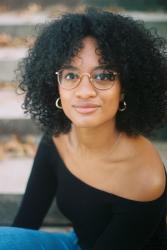
Nicole Counts (she/her) is Editorial Director at One World, an imprint of Random House. Books she has worked on have won or been nominated for the National Book Award, the Lambda Literary Award, The Center for Fiction First Novel Prize, various PEN Literary Awards, and more. She is an active member of various publishing equity groups, as well as a long-time volunteer with Well-Read Black Girl. She was a finalist for the 2020 PW Star Watch, an active speaker on publishing/book-related issues, and has been profiled in Gagosian Quarterly and Publishers Weekly. She has written for V Magazine, Poets & Writers, Brooklyn Magazine, Artnoir, and more.


